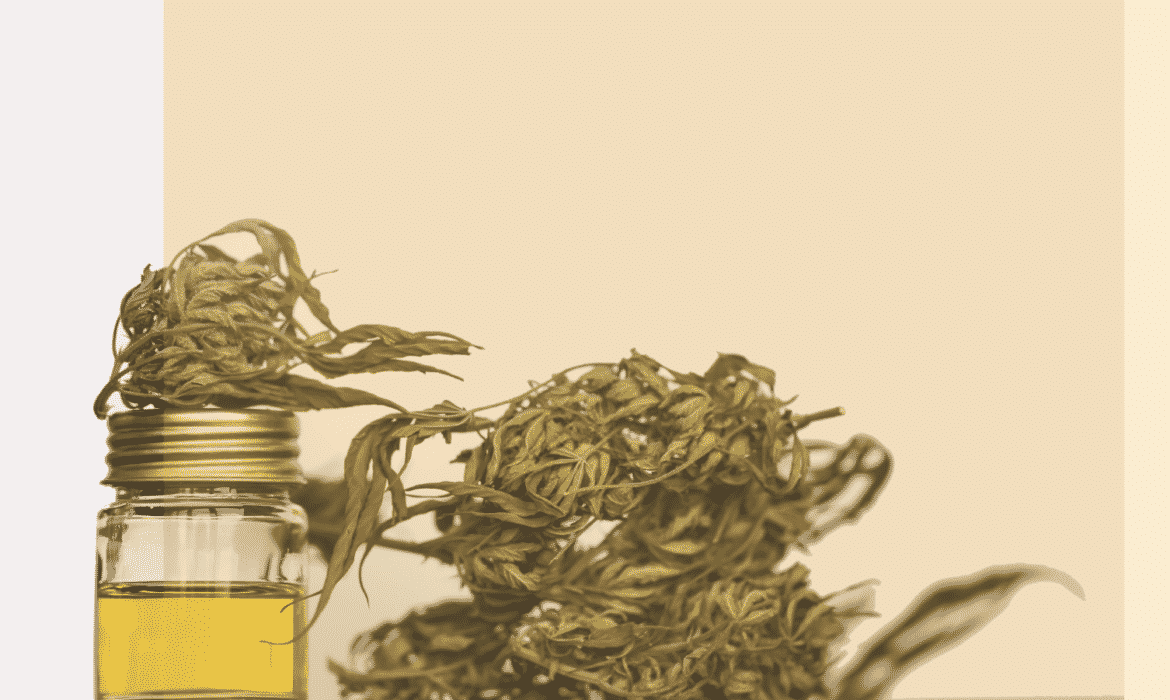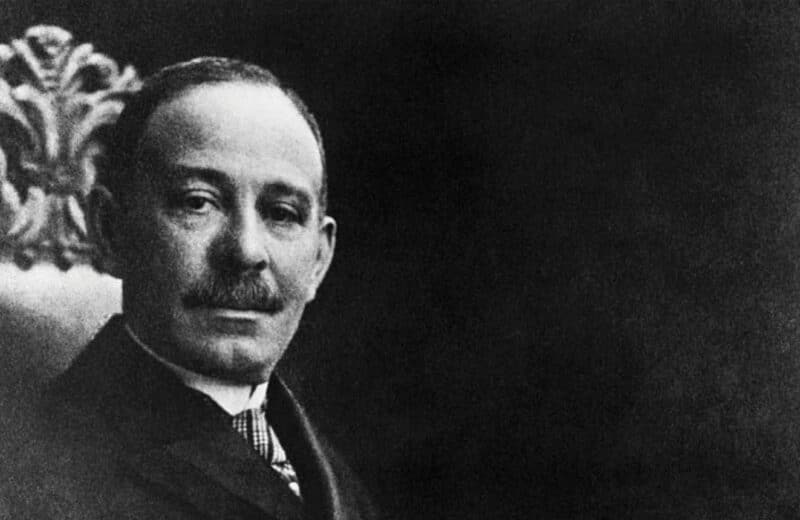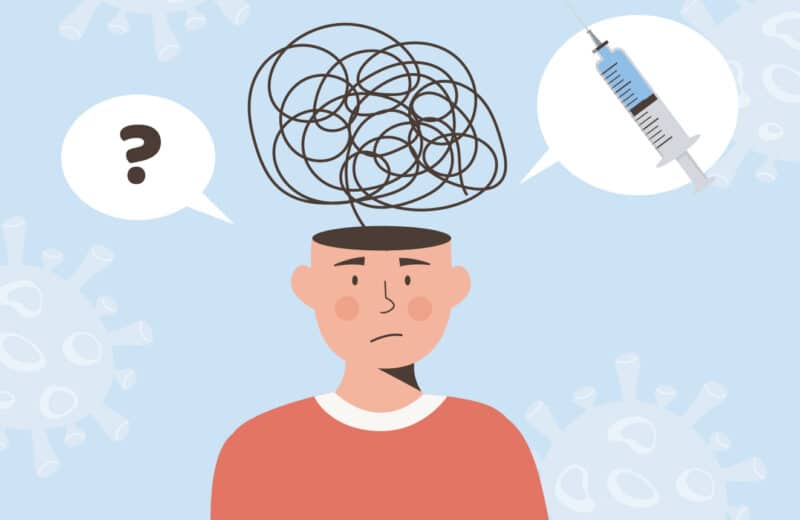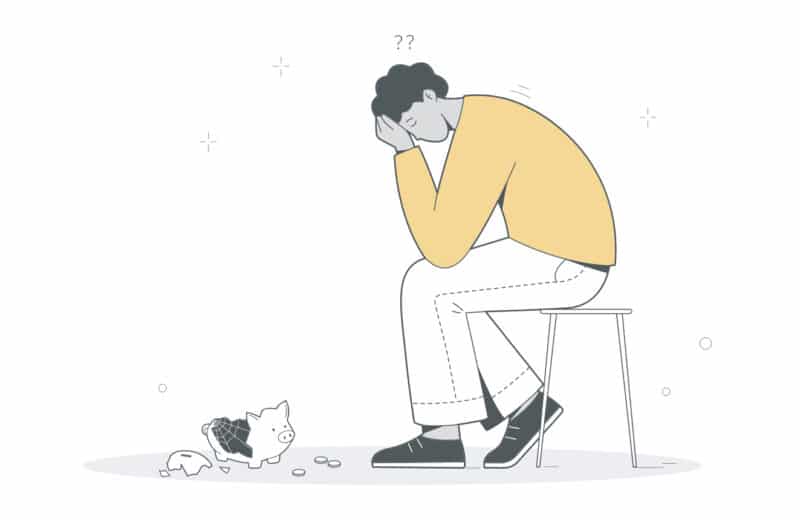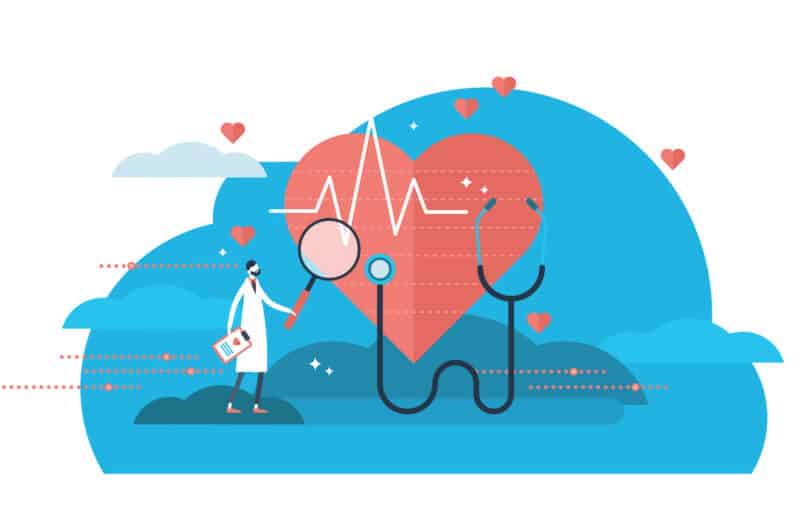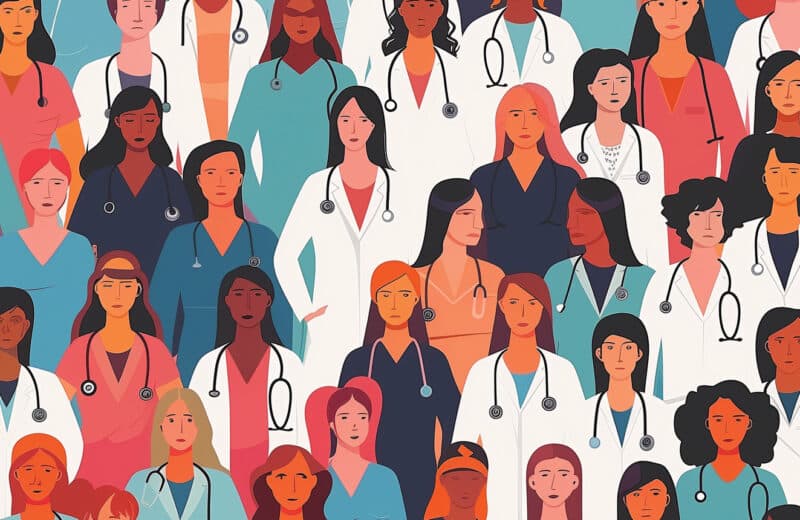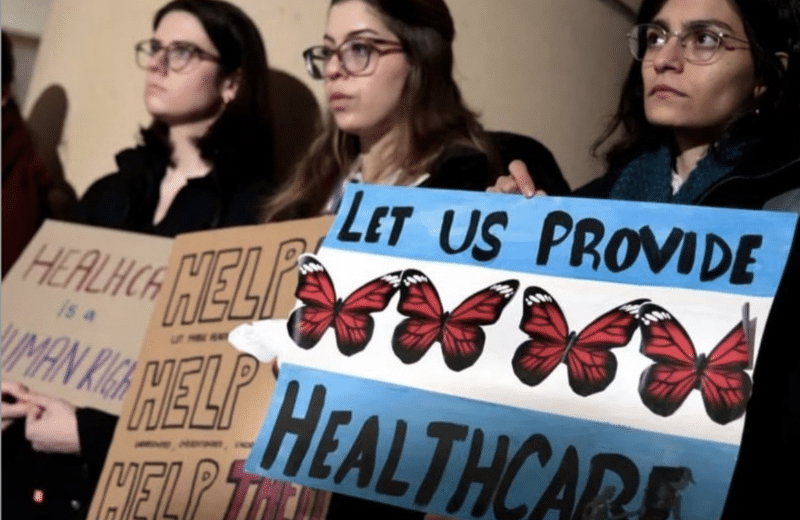You don’t have to look hard to find lotions and potions, patches and tinctures, lip balm and gummies infused with cannabidiol, or CBD, which is a non-psychogenic cannabinoid molecule derived from cannabis plants.
Since CBD does not have psychogenic compounds from the cannabis plant — i.e., it doesn’t make you feel high — it is allowed to be sold over the counter. Proponents say it’s helpful for soothing anxiety, easing pain, helping with sleep, managing the effects of autism, diminishing seizures and more.
Products abound. There’s CBD beer, CBD coffee, CBD water, CBD shampoo, CBD sports protein powder, CBD deodorant and CBD pet treats. You can buy CBD products online or even at a retail store like Fresh Thyme Farmers Market, and you don’t need a prescription or medical cannabis card.
But is CBD the antidote of the century or just another snake oil?
According to Scott Palmer, MD, an internal medicine physician at Rush University Medical Center, it depends. While CBD was proven effective in double-blind, placebo-controlled studies in children with severe seizure disorders, there haven’t been similar trials with other diseases. “It’s tough to draw definitive conclusions regarding the clinical value of CBD at this time,” he says.
Another challenge, Palmer says, is that commercial CBD products aren’t regulated by an independent entity. “Most of the products you see really haven’t had regulatory oversight or independent review, so you don’t know exactly what you’re buying, consuming or applying,” he says.
Still, Palmer is a big believer in the potential of CBD and other cannabinoids to treat medical disorders. He’s a co-founder of Synthonics, Inc., a Virginia-based biotechnology company that’s working on novel formulations of cannabinoid products to better manage chronic pain, treatment-resistant seizure disorders and other diseases.
“People can’t even embrace all the things these products may potentially do, and that’s what makes this space so exciting,” Palmer says. “We are at the beginning of trying to understand how these products can be used for legitimate medical purposes, as well as using cannabinoid products to improve the quality of people’s lives.”

Ellen Ryan is an award-winning writer/editor specializing in profiles, Q&As, and case studies; consumer health; education and career change, business; and grammatical near-perfectionism. (Nobody’s perfect.)

